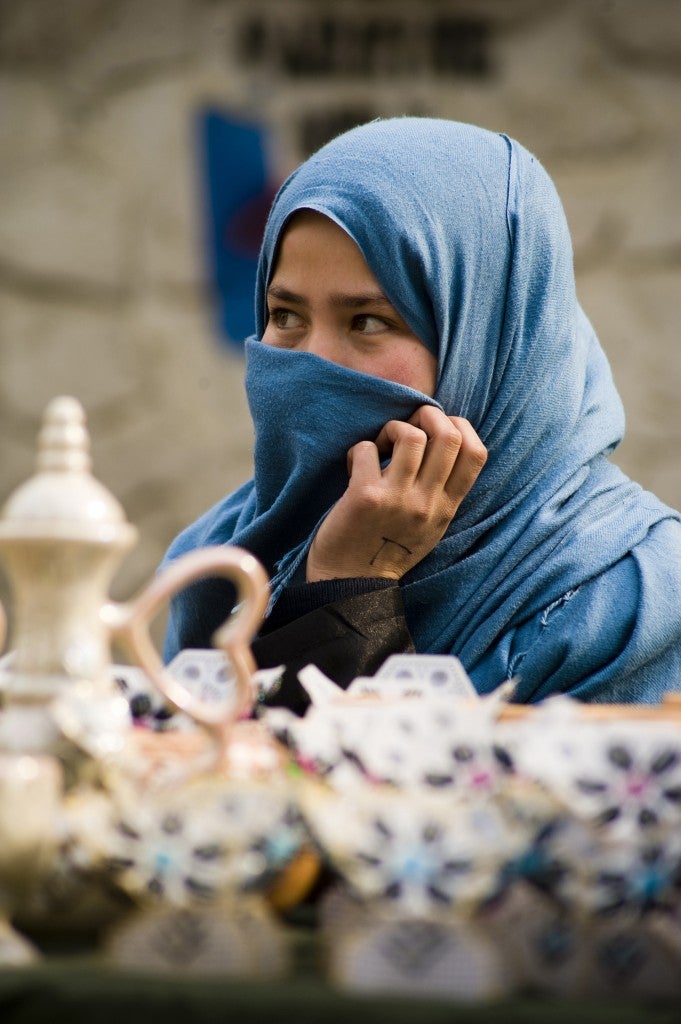By HHR editorial assistant Krista Oehlke
Posted September 20, 2013
On September 4, Human Rights Watch urged Afghanistan’s President Hamid Karzai to “redouble efforts” to implement the 2009 Law of Elimination of Violence Against Women (EVAW law). In the letter, HRW noted that the law’s full enforcement is under threat, citing recent “emotionally charged debates” regarding the law’s provisions. President Karzai signed the EVAW law as a decree in 2009, but the Afghani Parliament has yet to ratify it. Despite the need for urgent action, conservatives have recently argued that the law is “un-Islamic” and a “Western import.”
In a briefing paper accompanying the letter, HRW underscores the negative health and economic consequences of child marriage and domestic violence. The paper, entitled “Ending Child Marriage and Domestic Violence,” also suggests that, compared to a number of Islamic countries and countries with large Muslim populations, Afghanistan has yet to take necessary steps to increase the minimum age of marriage to 18. Furthermore, with domestic violence in the country “surprisingly common,” the country must adopt “tougher laws” that criminalize violent acts.
The briefing contains alarming figures on the damaging health consequences of child marriage and early childbearing on women and children. For instance, of all fatalities among girls aged 15-19, 32 percent are pregnancy related; for fatalities among women aged 20-24, 47 percent are pregnancy related. Increased health risks incurred from early pregnancy and childbirth include a heightened risk of maternal mortality, and morbidities include obstetric fistula. The report links childhood marriage to negative effects on the national economy, noting that early pregnancy often leads to increased health care costs.
HRW implores the Afghani government to act on its recommendations, suggesting that furthering the rights of women and girls would bolster Karzai’s legacy as he prepares to leave office:
HRW women’s rights director Liesl Gerntholtz stated:
“President Karzai’s signing of the violence against women law in 2009 ushered in vital protections against child marriage and domestic violence. By ensuring the law is enforced, Karzai would leave a lasting legacy of support for the rights of women and girls in Afghanistan.”
Related articles:
Health and Human Rights blog: WHO report finds violence against women “a global health problem of epidemic proportions”
By DVIDSHUB (Empowering Afghan Women [Image 1 of 3]) [CC-BY-2.0 (http://creativecommons.org/licenses/by/2.0)], via Wikimedia Commons

